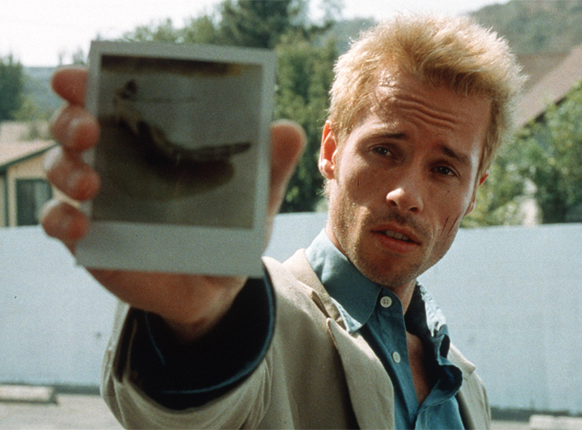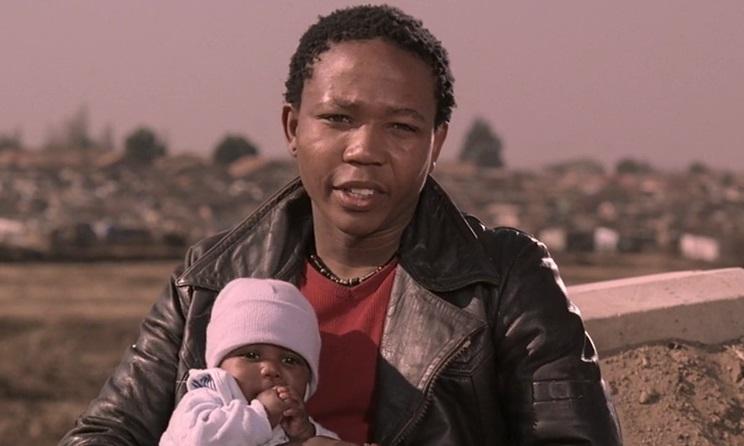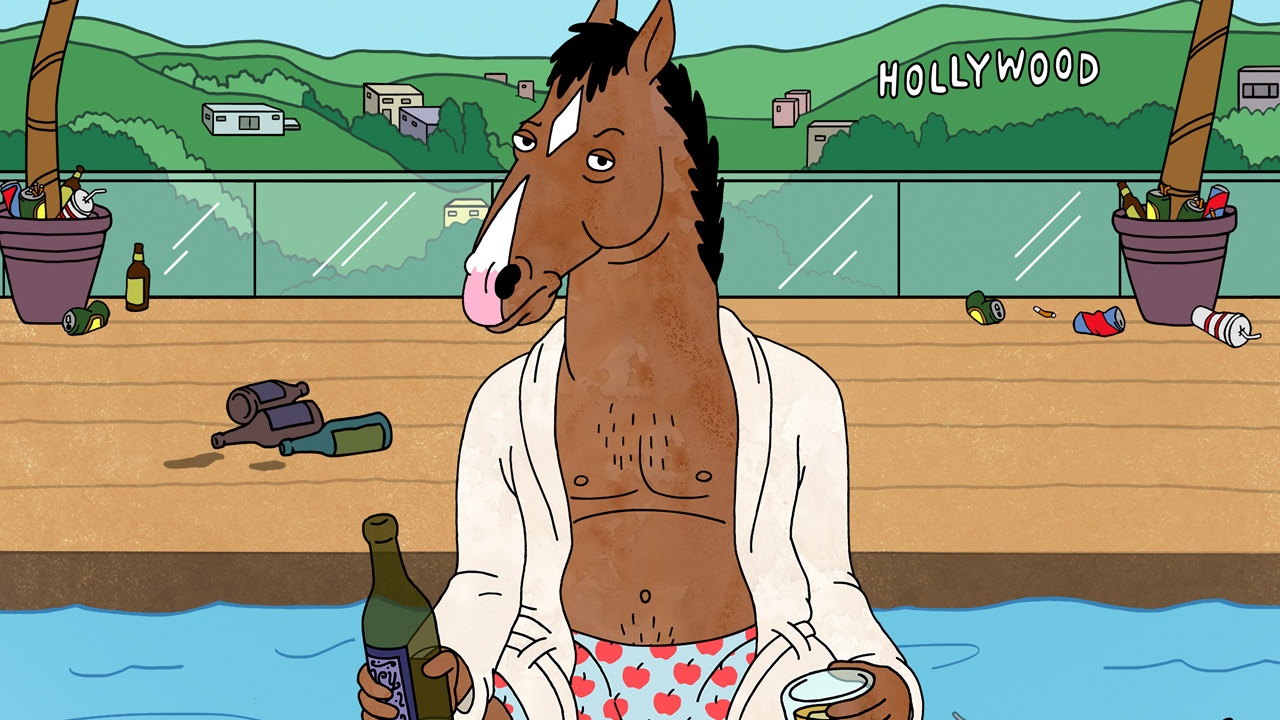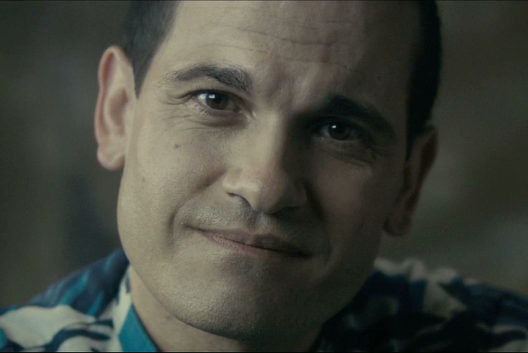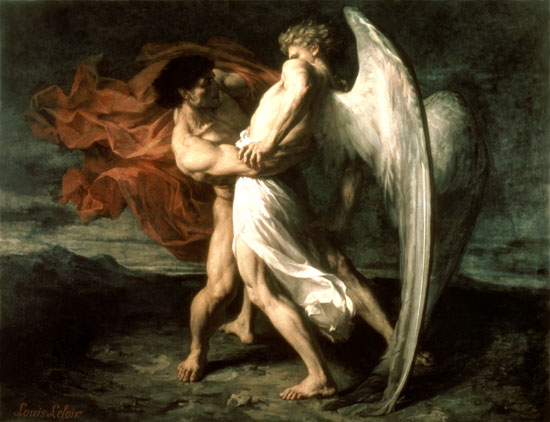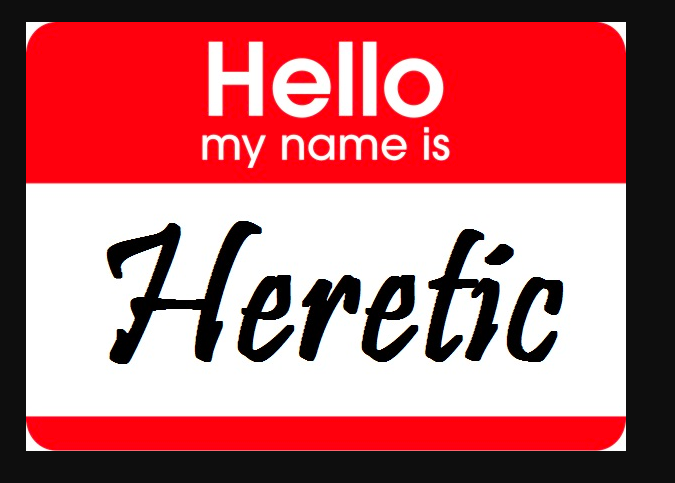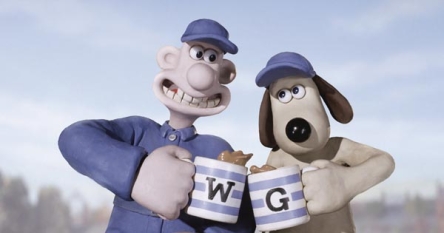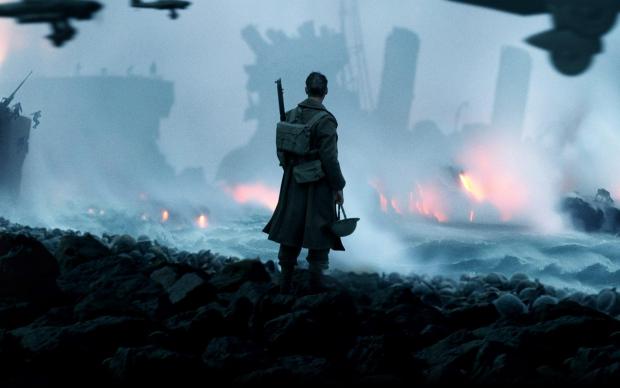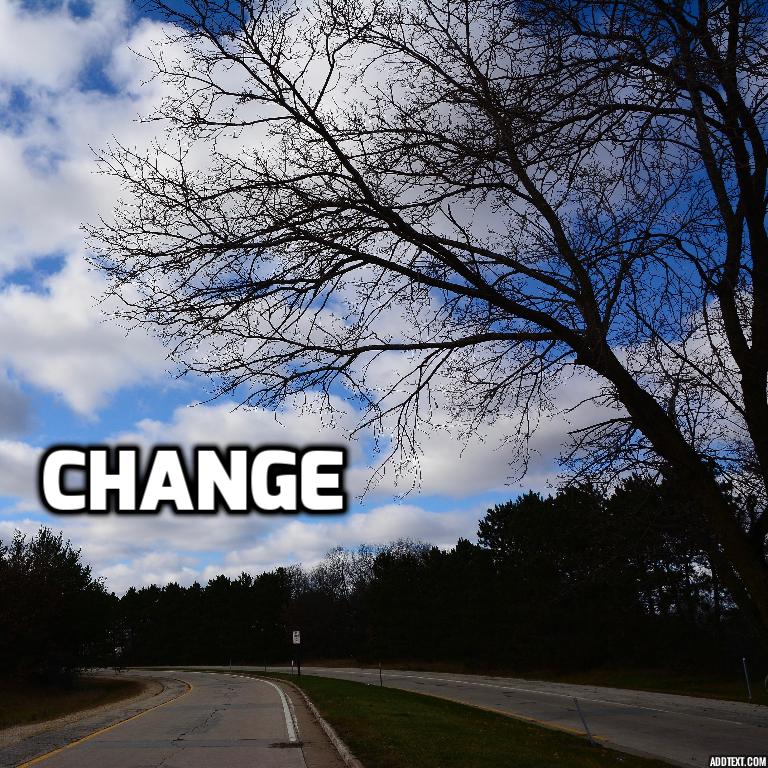#ThinkpieceThursday – Writing A Character’s Journey Out Of Order
Continue reading#ThinkpieceThursday – Rev. and Crisis of Faith
#ThinkpieceThursday – Best British Sitcom in years depicts Crisis of Faith
Continue reading#ThinkpieceThursday – Katy Perry’s Inappropriate Kiss
#ThinkpieceThursday – “No thanks” means “No”. #MeToo applies to everyone.
Continue reading#ThinkpieceThursday – I Am Not A Witch
#ThinkpieceThursday – Staying in Drought-threatened Cape Town Echoed a Movie
Continue reading#ThinkpieceThursday – Lessons From Wakaliwood #ETBSA
#ThinkpieceThursday – Learning from the Ugandan Tarantino
Continue reading#ThinkpieceThursday – Tsotsi and the Birth of a Film #ETBSA
#ThinkpieceThursday – An Oscar-Winner dreamed in my dining room
Continue reading#ThinkpieceThursday – Where are the Women?
#ThinkpieceThursday – Split Best Director
Continue reading#ThinkpieceThursday – Movie Animals as Character Types
#ThinkpieceThursday – Even Animals have Character Types
Continue reading#ThinkpieceThursday- Bojack Horseman: Can a character truly be beyond redemption?
#ThinkpieceThursday – Can a character ever truly be irredeemable?
Continue reading#ThinkpieceThursday – Crafting Characters In Documentaries
#ThinkpieceThursday – Documentaries must Craft Characters
Continue reading#ThinkpieceThursday – Creating Characters for Wrestling Shows
#ThinkpieceThursday – Characterization in Wrestling
Continue reading#ThinkpieceThursday – The Emotional vs The Spiritual
#ThinkpieceThursday – The Story is in the Struggle
Continue reading#ThinkpieceThursday – Whistleblowers
#ThinkpieceThursday – Whistleblowers are Power of Conscience characters
Continue reading#ThinkpieceThursday – American Adaptations
#ThinkpieceThursday – Super Size Me mentality ruins American Adaptations
Continue reading#ThinkpieceThursday – Why I Kept Watching Downton Abbey
#ThinkpieceThursday – You can love something even if it’s not very good
Continue reading#ThinkpieceThursday – Writing Characters for Video Games and Action Movies
#ThinkpieceThursday – Character is Action
Continue reading#ThinkpieceThursday – William Friedkin: Coming Back From Failure
#ThinkpieceThursday – Sometimes the only way to reinvent yourself is to lose everything
Continue reading#ThinkpieceThursday – The Key Vulnerabilities
#ThinkpieceThursday – Make your character experience the key vulnerabilities
Continue reading#ThinkpieceThursday – The Blade Runner films and Vulnerability
#ThinkpieceThursday – A character’s vulnerability changes audience perception
Continue reading#ThinkpieceThursday – Power vs Influence
#ThinkpieceThursday – The definitions of influence and power
Continue reading#ThinkpieceThursday – I Call “Bullshit” on Scott Rosenberg’s Essay
#ThinkpieceThursday – I call Bullshit on Scott Rosenberg’s Weinstein Essay
Continue reading#ThinkpieceThursday – Music in Film
#ThinkpieceThursday – Music elevates emotion. It should NOT tell you how to feel
Continue reading#ThinkpieceThursday – Deep Dread of Uncertainty
#ThinkpieceThursday – Dreading Change
Continue reading#ThinkpieceThursday – Why Nine Character Types?
#ThinkpieceThursday – 9 is more than just a number
Continue readingGenre Is Meaningless
#ThinkpieceThursday – Chinatown and Apocalypse Now are the same film
Continue reading#ThrowbackThursday- Aardman, Bristol and Me
#ThrowbackThursday – Why I moved to Bristol
Continue reading#ThinkpieceThursday – 30 Something Turns 30
#ThinkpieceThursday – A seminal show turns 30… Where is the follow up?
Continue reading#ThinkpieceThursday – CBS’ Salvation: It’s Never About The Asteroid
#ThinkpieceThursday – We care most about the characters, not the predicament
Continue readingCoincidence Tanks Top of the Lake: China Girl
#ThinkpieceThursday – Contrived coincidences make Top of the Lake: China Girl lose credibility
Continue readingDocs and Drinks on British TV
#ThinkpieceThursday – Drinking as a dramatic story point in BBC Doctor shows
Continue readingGame of Thrones – Action and Consequence
#ThinkpieceThursday – Actions must always have consequences
Continue readingDestructive Lovers
#ThinkpieceThursday – Character Types affect relationships as well as individuals
Continue readingCharacters Have To Come First
Blockbusters need to set up Characters, instead of Sequels! #ThinkpieceThursday
Continue readingDunkirk: Failure Presented as Triumph
#ThinkpieceThursday – Dunkirk, the untold story
Continue readingEmotion Trumps Reason
#ThinkpieceThursday – In the war between emotion and reason, emotion always wins
Continue readingNora Ephon Lights the Way
#ThinkpieceThursday – How Nora Ephron affected one writer
Continue readingThe Comedy and Drama of Change
#ThinkpieceThursday – Writers are advised to write what you know. What we know the most about is change.
Continue readingZig Ziglar Rules for Success
#ThinkpieceThursday – Here are Ziglar’s top ten rules for success– with my comments on how they apply to writing.
Continue readingThe Hunger Games & Twilight
#ThinkpieceThursday – The Hunger Games has great characters and a Power of Truth story structure- an unbeatable combination.
Continue readingThe Role of Impulse in Creating Three Dimensional Characters
#ThinkpieceThursday – A character’s Immediate Response is where the character goes first emotionally.
Continue readingThe Adventures of Tintin: Another Spielberg Misstep
#ThinkpieceThursday – Spielberg should know better.
Continue readingTHE OTHER WOMAN and Video on Demand
#ThinkpieceThursday – Eric Kohn gives an interesting take on the strengths and weakness of VOD
Continue readingHope-ful survey on the state of indie films
#ThinkpieceThursday – Ted Hope presents a glowing outlook on the state of the independent film business.
Continue readingSkins: No Consequences
#ThinkpieceThursday – Dramas that don’t work often don’t attach a price to the choices a character makes.
Continue readingOther Internet Success Storied
#ThinkpieceThursday – Studios are increasingly out of the loop when it comes to discovering new talent.
Continue readingMore Thoughts on Rewriting
 In further discussion of yesterday’s post– How do you tackle a daunting rewrite? My best suggestion is to outline your current script draft. Write what actually happens in each scene. What are characters doing? Briefly summarize what people say. Don’t get lost in tweaking dialogue on a major rewrite. Instead, look at the big-picture. In order to do that– An outline is critical.
In further discussion of yesterday’s post– How do you tackle a daunting rewrite? My best suggestion is to outline your current script draft. Write what actually happens in each scene. What are characters doing? Briefly summarize what people say. Don’t get lost in tweaking dialogue on a major rewrite. Instead, look at the big-picture. In order to do that– An outline is critical.
Once you’ve outlined your current draft, go over the outline scene-by-scene. Ask yourself a few key questions– Is your story urgent and active enough? Does your story have enough adrenalin moments?
Ed Hooks, in his terrific book, Acting for Animators, defines adrenalin moments as story events your character will remember on his or her deathbed. They are the highest highs and the lowest lows. Make a list of your character’s adrenaline moments in your story. You should have at least eight. They are:
* The event that starts the story off
* The event that propels your character forward into the story (The die is cast. The penny drops. Your character makes a run for it. A door closes and your character can’t go back
* The event that shows how your character has changed significantly through conflict
* The event that shows your character seizing the initiative in the story or taking things into his or her own hands
* The event that shows your character’s biggest struggle between his/her want (ego-driven goal) and the need (deeper human longing)
* The event that demonstrates your character’s choice between the want and the need
* The event at the climax of the story (or the final showdown)
* The event that finally resolves the story
Where are the adrenaline moments in your story? Are all these events vivid and visceral? Do they have a big enough impact? Do they make your protagonist feel really vulnerable? Make these events unforgettable by making your main character feel increasingly exposed and personally at risk during each story event.
Remember to use cause and effect. What does your character do to bring these events about? How do your character’s actions make these highs and lows happen? How does each action cause a chain reaction?
The audience cannot see what a character thinks or feels. They can only see what a character does. How can you make your character’s interior thoughts and feelings observable through action? The audience also can’t see what a character decides. Deciding isn’t an action. Acting on a decision is an action.
Don’t tell us what your character thinks, feels or decides through dialogue. Instead, show us what your character does as a result of thoughts, feelings and decisions. Is your main character an active force throughout the story? Or does he/she just react to others? How does he/she push the story forward? How do we actually see your character growing or changing or pushing, prodding and transforming others?
Ask yourself, could an audience understand your story by only watching your main character’s actions? Could the audience understand the major story beats without any sound (using visuals only)?
Now write a new outline that solves those problems. In your new outline, incorporate more active moments, cut all extraneous material or repetitive dialogue and make any other necessary changes and adjustments.
Rewriting in outline form helps keep the bigger picture in perspective and keeps your focus on the larger issues: filling plot holes, creating action that fulfills the character’s intent (rather than the writer’s intent) and fixing emotional disconnects. It avoids the easy trap of continually fine-tuning dialogue and glossing over the larger problems in the script.
Einstein and Writing
#ThinkpieceThursday – Einsten’s concise quotes are invaluable and timeless.
Continue readingMcCain and Obama: Character Consistency in Storytelling
#ThinkpieceThursday – The Presidential election is an opportunity to see two Character Types play their roles on the world stage.
Continue readingMamma Mia: We Need To Laugh!
#ThinkpieceThursday – This might be an ideal time to sell a comedy.
Continue reading